|
Did you know that records on livestock deaths by snakebite could help save cheetahs? Or that knowing exactly how many goats you have can help mitigate conflicts between cheetahs and farmers? It’s not something that most people immediately think of when it comes to cheetah conservation but accurate record keeping by livestock farmers can dramatically help farmers to keep track of their stock and monitor numbers, diseases, injuries and deaths from various factors, including predation. Without proper record keeping, cheetahs and other carnivores often get blamed for an inflated number of livestock deaths, including those from other causes like disease, snakebite and theft. By encouraging farmers to keep better records on their farms, like CCB did at our record keeping training for the Ghanzi Farmers Network workshop last month, we can help improve the accuracy of the administration involved in farming, inadvertently minimizing the strain on carnivores like cheetahs that share the land with livestock farmers. Thank you to the Ghanzi Farmers Network for taking part in the training and for being so enthusiastic about working towards healthier farming practices for a healthier environment.
0 Comments
Great minds when put together can achieve even greater things and this is what transpired at the recent Second Botswana Biodiversity Symposium in Maun on the 13th – 15th February. The symposium was hosted by the Department of National Museum and Monuments under the theme, Biodiversity Management – A strategy for Sustainable Development and Climate Change Adaptation and Mitigation. Botswana is rich in biodiversity and the symposium brought together about 80 participants ranging from conservationists and researchers to discuss strategies to mitigate and adapt to climate change conditions while providing sustainable livelihood options for rural communities. CCB had the opportunity to present our research findings from our camera trap surveys in the Ghanzi wildlife management areas. On the whole, it was a perfect occasion to learn and share current research in Botswana, discuss community development experiences, network with various practitioners and get to know what other people are doing in their respective fields. We are thrilled to have been part of the symposium and hope that this will open more collaborative opportunities and assist us in making real differences in the lives of cheetahs and local farming communities in Botswana.
Established in 2010, Cheetah Conservation Botswana (CCB)’s demonstration farm has been set up to showcase non-lethal farm management techniques that can be utilised to reduce livestock depredation. The farm serves as a practical demonstration area for the use of a range of livestock management techniques to minimise predation, optimize herd health and maximise production. The farm is located at CCB’s research camp in Ghanzi and is currently home to 53 goats, three sheep, and two livestock guard dogs (LGD). Due to the incorporation of a slew of responsible management techniques including LGDs, the size of the herd has grown significantly over the years. The demonstration farm is also home to our LGD training facility, where puppies are trained with our LGDs and livestock before being placed with farmers experiencing conflict with carnivores. The LGD programme has proved successful in reducing livestock loss due to depredation and promoting coexistence with carnivores especially cheetahs. During the last quarter of 2017, 12 puppies were trained and placed with farmers within the Ghanzi district. These puppies increased the total number of puppies placed through CCB’s LGD programme to 42 in the Ghanzi area since the programme started back in 2010. We are expecting the next litter of puppies to arrive for training at the farm soon, and we are looking forward to this exercise that we love so much. It brings us joy and feels great to know that we are making real a difference in the lives of farmers while at the same time, making a real contribution to cheetah conservation.
|
SearchArchives
May 2024
Categories |

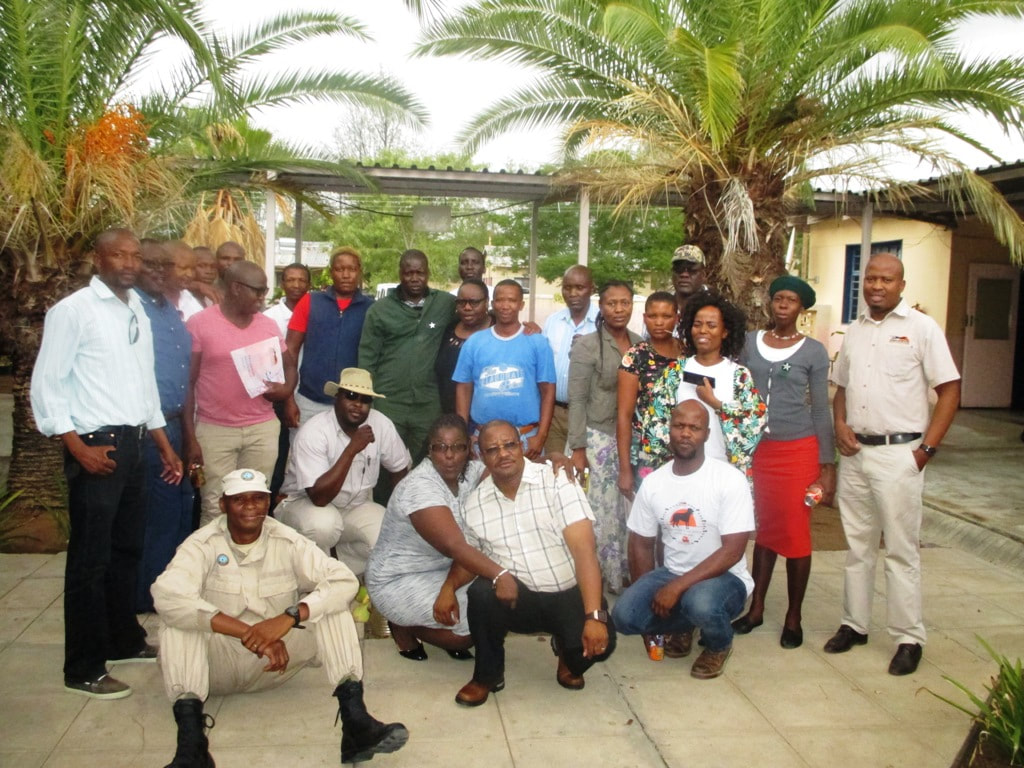
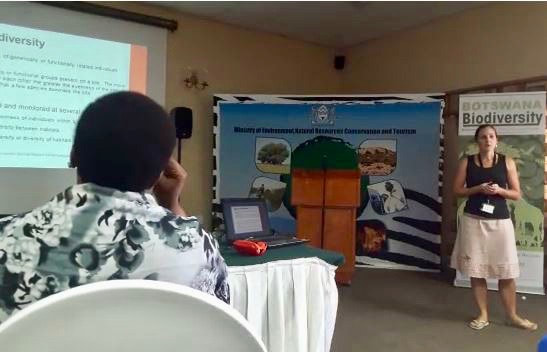
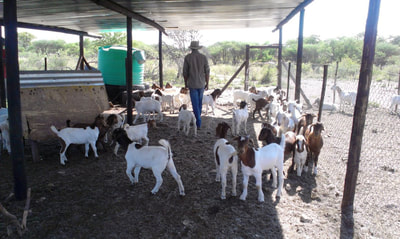
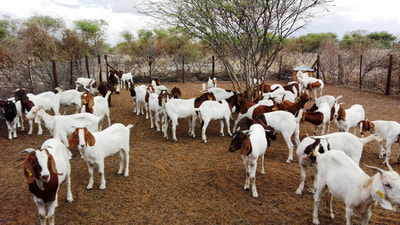
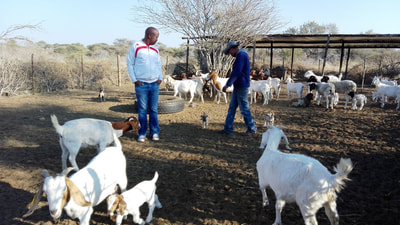
 RSS Feed
RSS Feed
